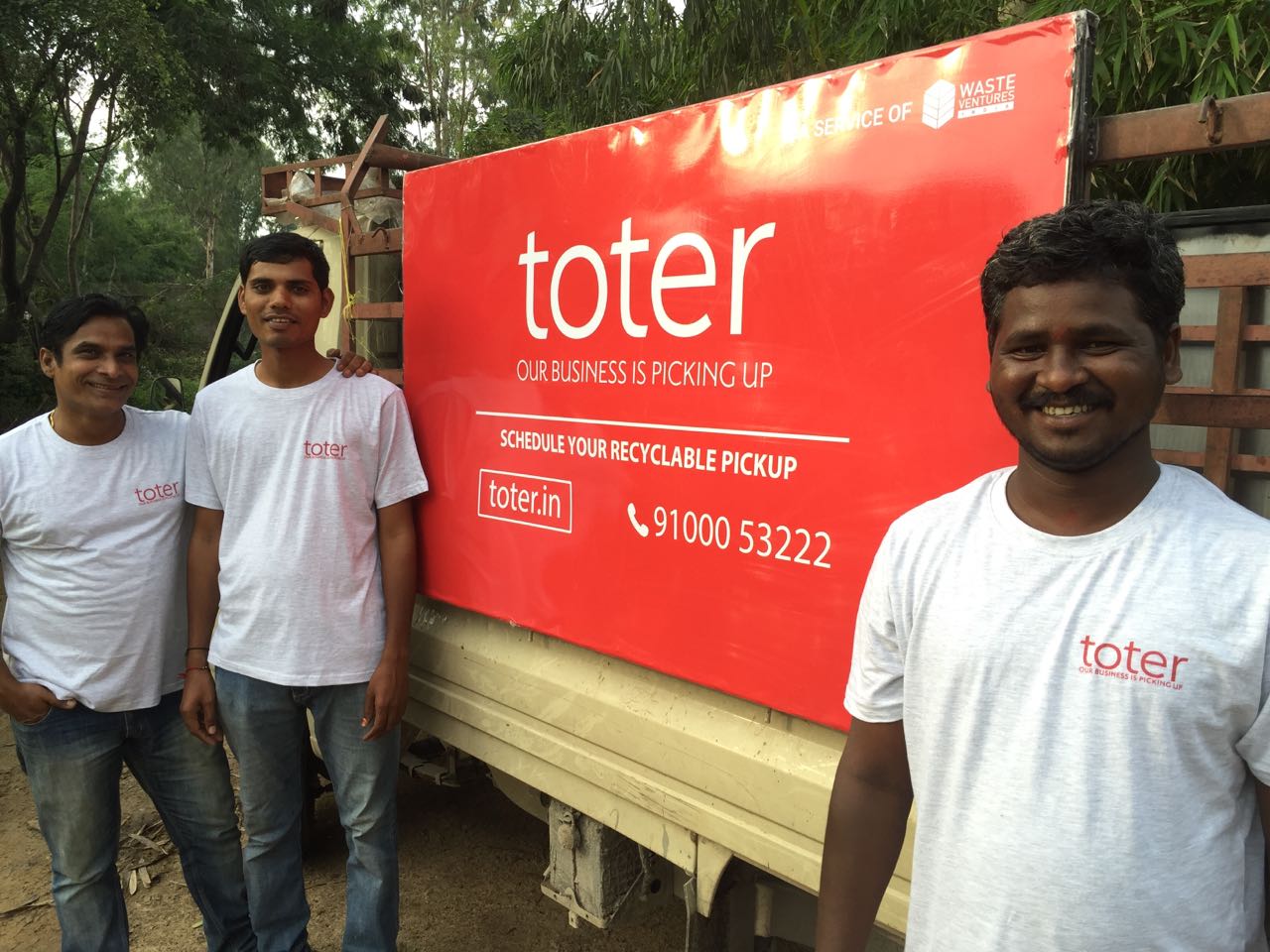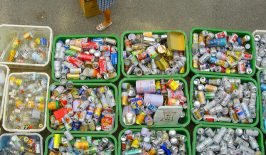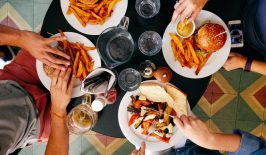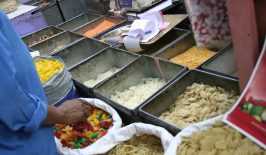In India, Toter is an app that wants to change the way individuals and businesses recycle and manage waste – adding a technological edge and a great deal of respect to an age-old and much-maligned industry.
Because much of India doesn’t have access to formal waste disposal systems, much of the country’s waste – thought to be a huge 62 million tons a year – ends up mixed up in landfill where it produces huge amounts of methane and pollutes the surrounding area. Recycling rubbish often ends up being the sole responsibility of so-called rag pickers or waste pickers – one of India’s poorest and most marginalised groups. Not paid by the state, rag pickers sustain themselves by collecting, sorting and separating waste and then selling it on. By doing so, they help reduce cities’ solid waste management costs, provide a recycling system where none would otherwise exist and reduce the amount of waste which ends up in landfills.
Waste Ventures India (WVI) is a social enterprise that wants to make waste management in India both more environmentally and financially sustainable – in part, by formalising the role of the waste picker and offering their services to customers via an app. Their mission is to connect people with garbage to people who want garbage, offering a door-to-door service waste pick-up service via an app they’ve called Toter.
How does the service work?
Sort of like an “uber for trash”, all users have to do is open the Toter app to book a time slot for their waste to be picked up. Once the time has been confirmed, a Toter representative will go to the location at the scheduled time, weigh the recyclable material using a digital scale and pay the client cash for their waste. The waste needs to be separated beforehand – into paper, plastics, metals, e-waste, glass etc – with clients facing a fee if their garbage isn’t organised, encouraging app-users to separate their waste into biodegradable and non-biodegradable bags before collection. In a next step, Waste Ventures India then buys the collected waste from the Toter agent, and takes it to its warehouse, where it is further sorted and separated before being baled into cubes that are sent to certified recyclers from India’s Pollution Control Board.
Toter claims to have diverted 4,000 tons of waste from Indian dumpsites since 2013, whilst providing higher incomes for thousands of waste pickers. That waste has been recycled into a range of products, with a focus on biodegradable materials to create compost. This is produced via an aerobic method, chosen purposely to reduce methane emissions. The company creates a “100 per cent organic compost” product, sold to farmers via the app and on Amazon in India, and is able to claim carbon credits for the methane reduction.
The company currently focuses on Hyderabad, where an estimated 4,000 metric tons of waste are produced every day (!) – the highest amount of waste per capita anywhere in India – and aims to expand to Bangalore and beyond.





